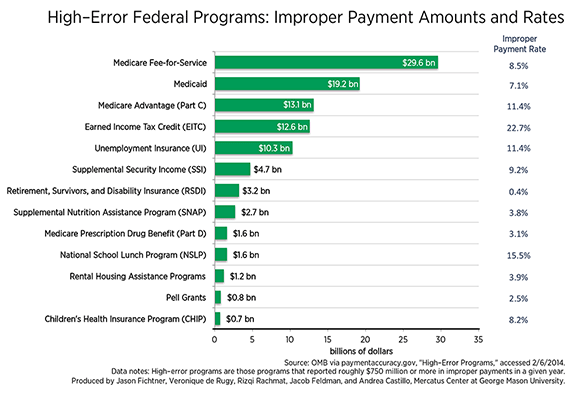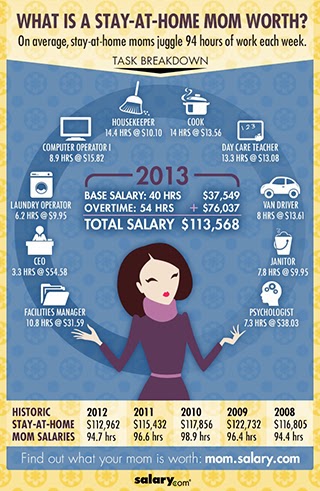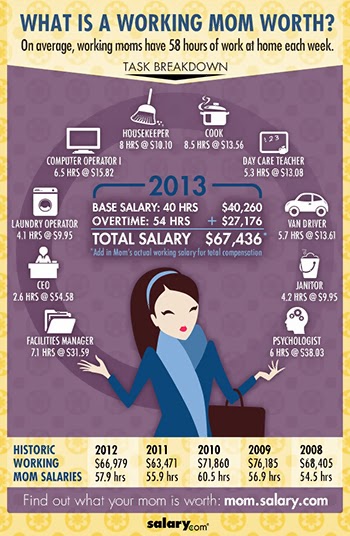Noting "that the basic difference between the Tea Party and the Republican party is a matter of tactics and temperament, not policy and ideology," Horowitz asserts that "a tactical difference is no grounds for divorce." He urges both sides to understand that "the Republican Party—like conservatives generally—is guided by a business mentality, whereas the Left's mentality is missionary, and that is where the Tea Party can prove most valuable.
A business approach is fundamentally positive. ... Where possible it wants to avoid conflict and the alienation of others; it is looking to maximize customers and expand markets, and therefore to make deals. A businessman would rather buy you out or merge with you than crush you. When obstacles present themselves, it is cheaper, and in the long run more productive, to compromise and find a way around them.Horowitz believes "Cruz's stand on the Senate floor," far from hurting the GOP's 2014 prospects, "lit a fire in the Republican base and showed the rank and file that there are Republicans ready to fight." For their long-term success, though, he argues that both parties in the marriage must remember to focus their efforts on the Left rather than each other:
This is the mentality of our Washington insiders. A way of looking at the schism between the Tea Party and the Republican party is that the Tea Party, which is an upstart, is driven more by the missionary mentality, while the Republican party is more of a business establishment with a business temperament and approach. John Boehner and Mitch McConnell are dealmakers, not game-changers.
The catch is that this is probably not the best mentality to hold when the opposition is a missionary party that views politics as war and that is out for your blood. In these circumstances, an equal and opposite force — a missionary force — may be required to defeat it. The grassroots understands this, which is why and how the Tea Party was born ...
The very fact that the Tea Party is missionary, that it is organized as a cause, makes its demands and actions seem impractical and even extreme to business-as-usual Republicans. This is inevitable. In order to change things you have to take positions that seem unrealistic and may even seem extreme. It’s the nature of change, and the Tea Party is about change. ... Without the Tea Party, there would be no Ted Cruz, no Rand Paul, no Mike Lee.
What would have happened if the Republican party and the Tea Party and the big PACs run by Rove and Koch had funded a $30 million campaign to put the blame [for the government shutdown] on Obama and Reid, where it belonged? There was no such campaign. All the parties on our side failed to take the fight to the enemy camp. The finger-pointing that followed is just another example of the circular firing squad that we on the right are so good at and that continually sets us back."Read the full article, Why Republicans Need the Tea Party.






















